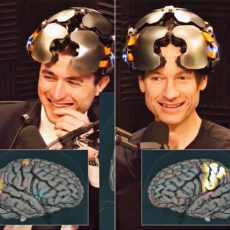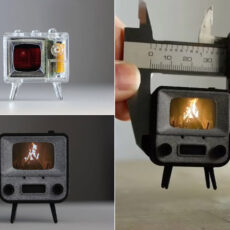
Brain cells learning to play Pong is one thing, this innovative speech neuroprosthesis by UC San Francisco researchers could be a game changer for many people. This implant enables a man with severe paralysis to communicate in sentences by translating signals from his brain to the vocal tract directly into actual words that appear as text on a screen.
The man worked with researchers to develop a 50-word vocabulary the team could recognize from brain activity using advanced computer algorithms. This vocabulary included words such as “water,” “family,” and “good”, which was sufficient to create hundreds of sentences expressing concepts applicable to daily life. A surgically implanted high-density electrode array over the speech motor cortex was a success, as the man attempted to say each of the 50 vocabulary words many times over 48 sessions.
- Next-level Hardware - Make every move count with a blazing-fast processor and our highest-resolution display
- All-In-One Gaming - With backward compatibility, you can explore new titles and old favorites in the expansive Quest content library
- Immersive Entertainment - Get the best seat in the house to live concerts, groundbreaking films, exclusive events and more

To our knowledge, this is the first successful demonstration of direct decoding of full words from the brain activity of someone who is paralyzed and cannot speak. It shows strong promise to restore communication by tapping into the brain’s natural speech machinery,” said Edward Chang, MD, the Joan and Sanford Weill Chair of Neurological Surgery at UCSF







